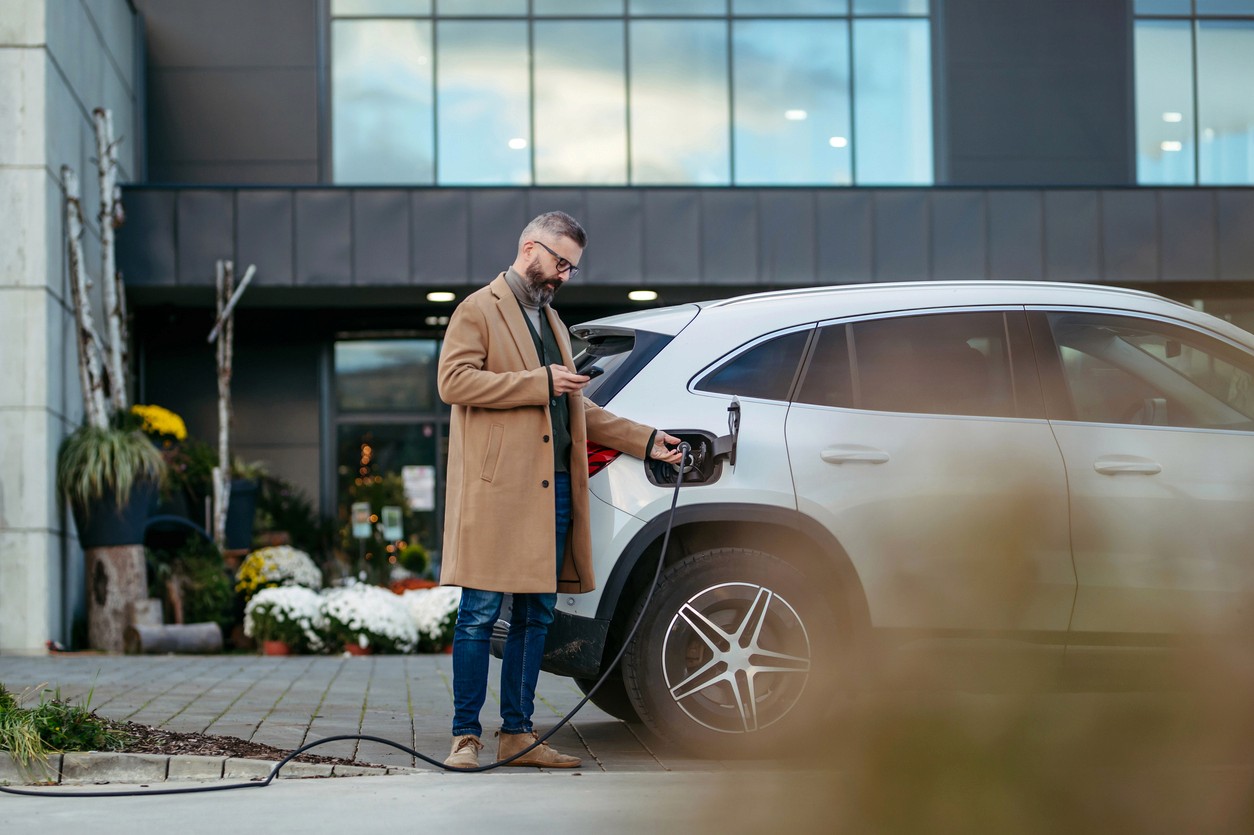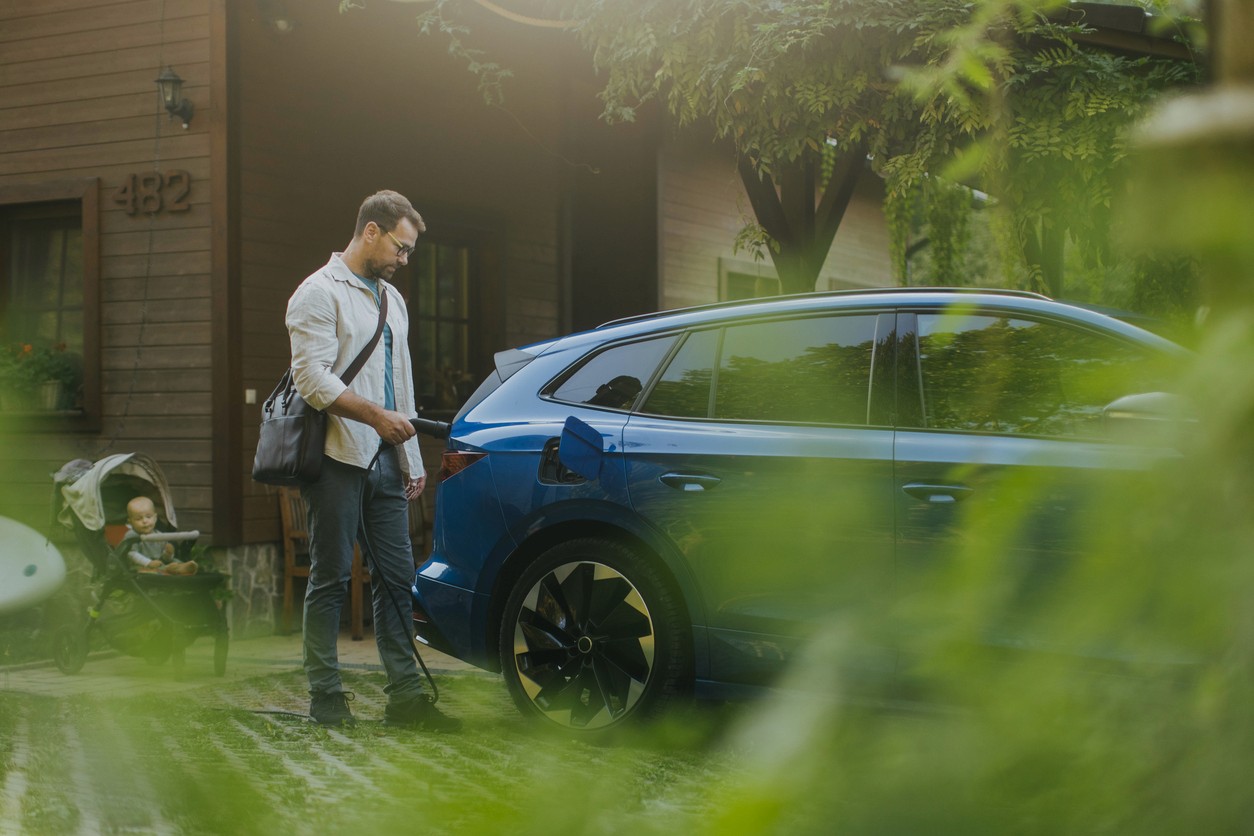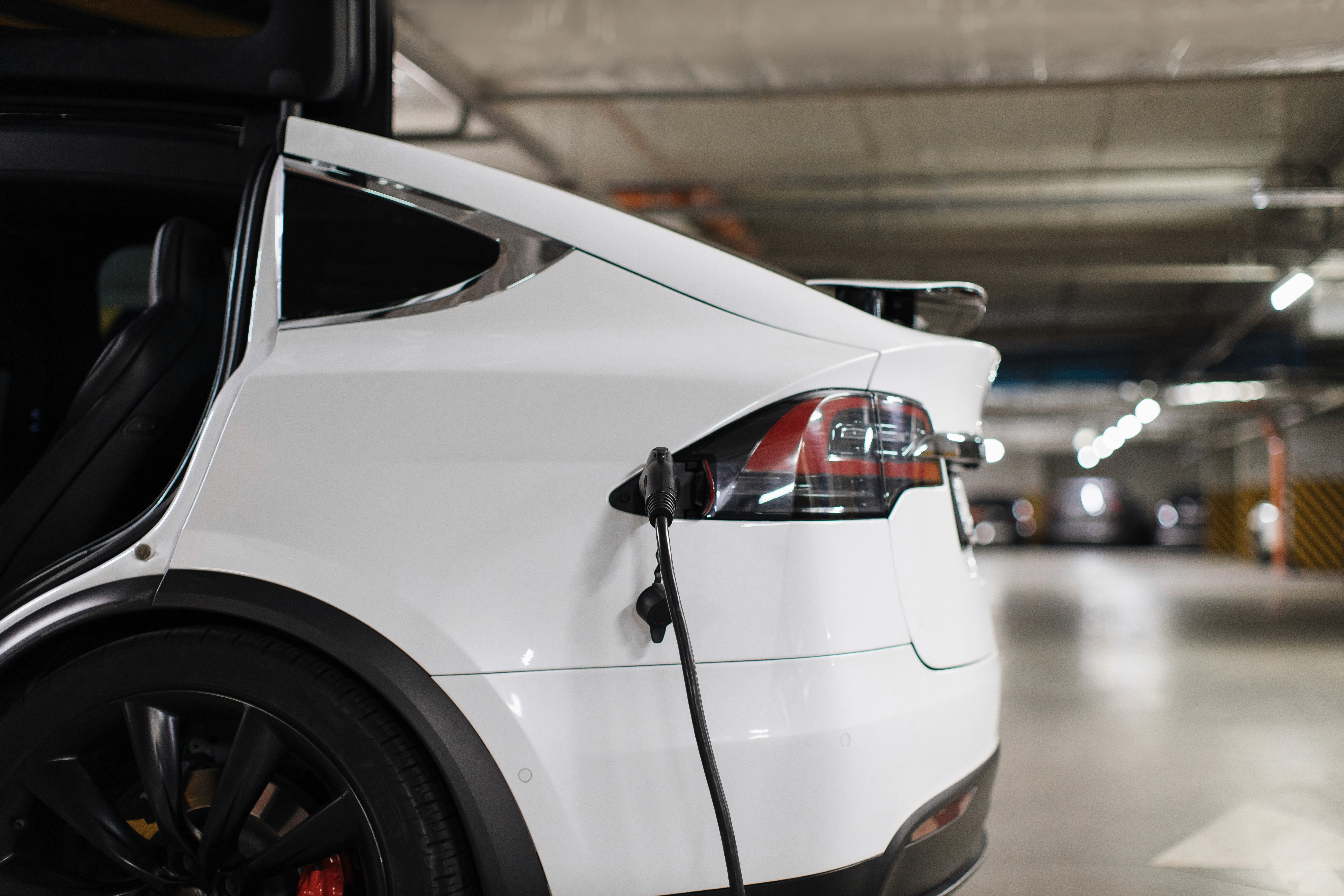Applicazione e portale MyDaze
Non importa quanto sia complessa la tua installazione. Abbiamo la soluzione giusta per la tua gestione da remoto.
Assistenza clienti da 5 stelle
Per noi la tua soddisfazione è tutto. E non lo dimostriamo solo con la qualità del nostro prodotto, ma anche con il nostro team di customer care sempre pronto a fornirti assistenza in modo tempestivo.
How to be elettrico
Riciclaggio batterie auto elettriche: tecnologie, normative e opportunità per la mobilità sostenibile
Scopri come funziona il riciclo delle batterie auto elettriche: tecnologie, normative UE e vantaggi per ambiente, economia ed energia circolare.
8 mag 2025
Leggi
Normative
Piano Transizione 5.0: incentivi alle imprese per colonnine di ricarica elettrica
Il Piano Transizione 5.0 premia le imprese che installano colonnine di ricarica e migliorano l’efficienza energetica. Scopri requisiti, procedure e aliquote del credito d’imposta 2024 - 2025.
7 mag 2025
Leggi
How to be elettrico
Le 8 auto ibride con la migliore autonomia nel 2025: guida completa
Scopri le 8 auto ibride con la migliore autonomia del 2025. Confronta caratteristiche, efficienza e innovazione per trovare il modello ideale per una mobilità più sostenibile.
6 mag 2025
Leggi























